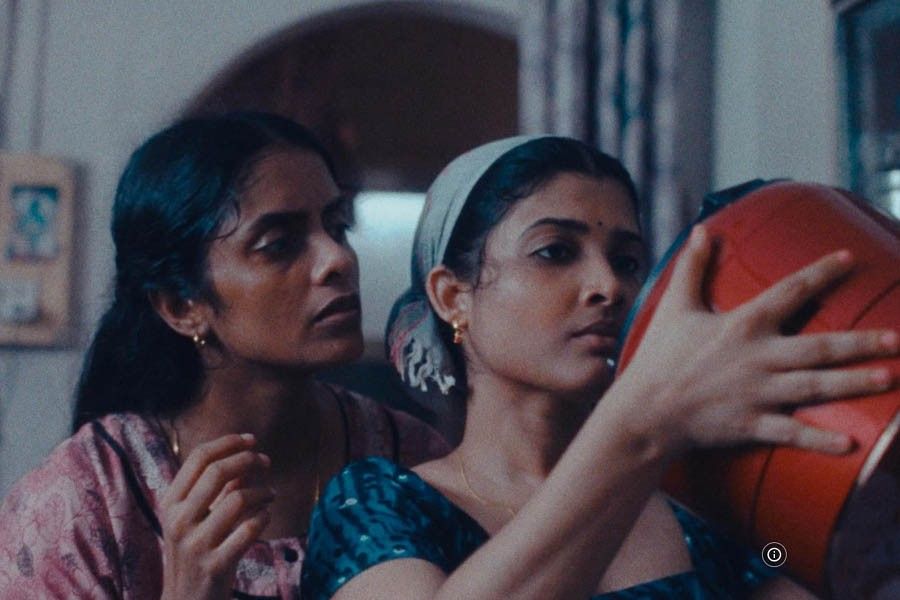In a momentous turn of events, Indian filmmaker Payal Kapadia emerges as a beacon of hope for the nation’s cinema at the 2024 Cannes Film Festival. Kapadia’s All We Imagine as Light stands tall among the distinguished entries in the festival’s Competition section, marking a historic milestone for Indian cinema.
Kapadia’s journey to Cannes epitomises resilience and dedication. A product of Mumbai’s vibrant cultural landscape, she honed her craft at the prestigious Film and Television Institute of India, persevering through challenges to realise her cinematic vision.
“Being selected in Cannes’ Competition is truly thrilling and humbling, especially considering how much I admire many directors selected in this section, both in the past and present. It’s an immense honour to be showing my film among them,” Kapadia mentioned in her statement.
Her earlier work, A Night of Knowing Nothing, garnered critical acclaim and won the coveted Golden Eye award at Cannes in 2021, laying the foundation for her groundbreaking debut in the festival’s main competition.
All We Imagine as Light weaves a compelling narrative that transcends borders, exploring themes of identity, longing, and the human experience. Set against the backdrop of a bustling city, the film follows Prabha, a nurse whose life takes an unexpected turn when she receives a mysterious gift from her estranged husband.

In an interview in 2022 where she was talking about her previous film, A Night of Knowing Nothing, she said, “I made quiet, slow films. I think that sensibility stayed on in A Night of Knowing Nothing. I always knew I didn’t want to make a film that was chronological. I was trying to articulate how, in the last five years, it’s been really emotional.”
Kapadia embarked on the filming of A Night of Knowing Nothing amidst the aftermath of a student strike at the FTII in 2015. This strike, which Kapadia and others participated in, was in response to the Modi government’s appointment of a TV actor and right-wing politician as the university’s new chairman.
However, the scope of the film expanded beyond this initial event to encompass the broader wave of movements that have swept across universities in India over the past five years. These protests have been fueled by various political issues, including fee hikes, privatisation, censorship, Islamophobia, and caste discrimination.
As a result, the film serves not only as a reflection on the utopian promise of public education in India but also as an exploration of the artist’s public responsibility.
Kapadia’s journey serves as a testament to the wealth of talent within India’s cinematic landscape. By championing diverse voices and stories, and by fostering an ecosystem that values creativity and artistic integrity, India can reclaim its position as a powerhouse of world cinema.
As “All We Imagine as Light” illuminates screens at Cannes and captivates audiences worldwide, it not only celebrates the triumphs of one filmmaker but also ignites a beacon of hope for an industry poised for renewal and resurgence.

